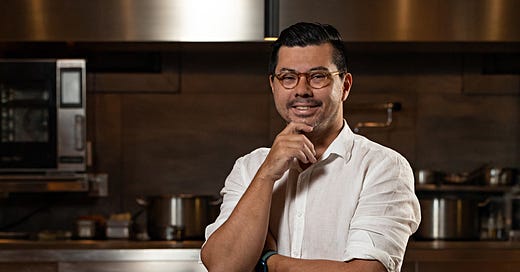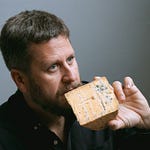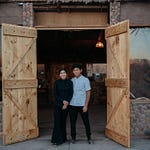Alberto Landgraf is the chef of Oteque in Rio de Janeiro, Brazil. During our conversation we discuss how he has created a healthy work environment at his restaurant. For him, the culture of the staff, giving them growth opportunities and having a work life balance is integral to how good of an experience the diners have there. It’s a lot of common sense…
Listen to this episode with a 7-day free trial
Subscribe to New Worlder to listen to this post and get 7 days of free access to the full post archives.












